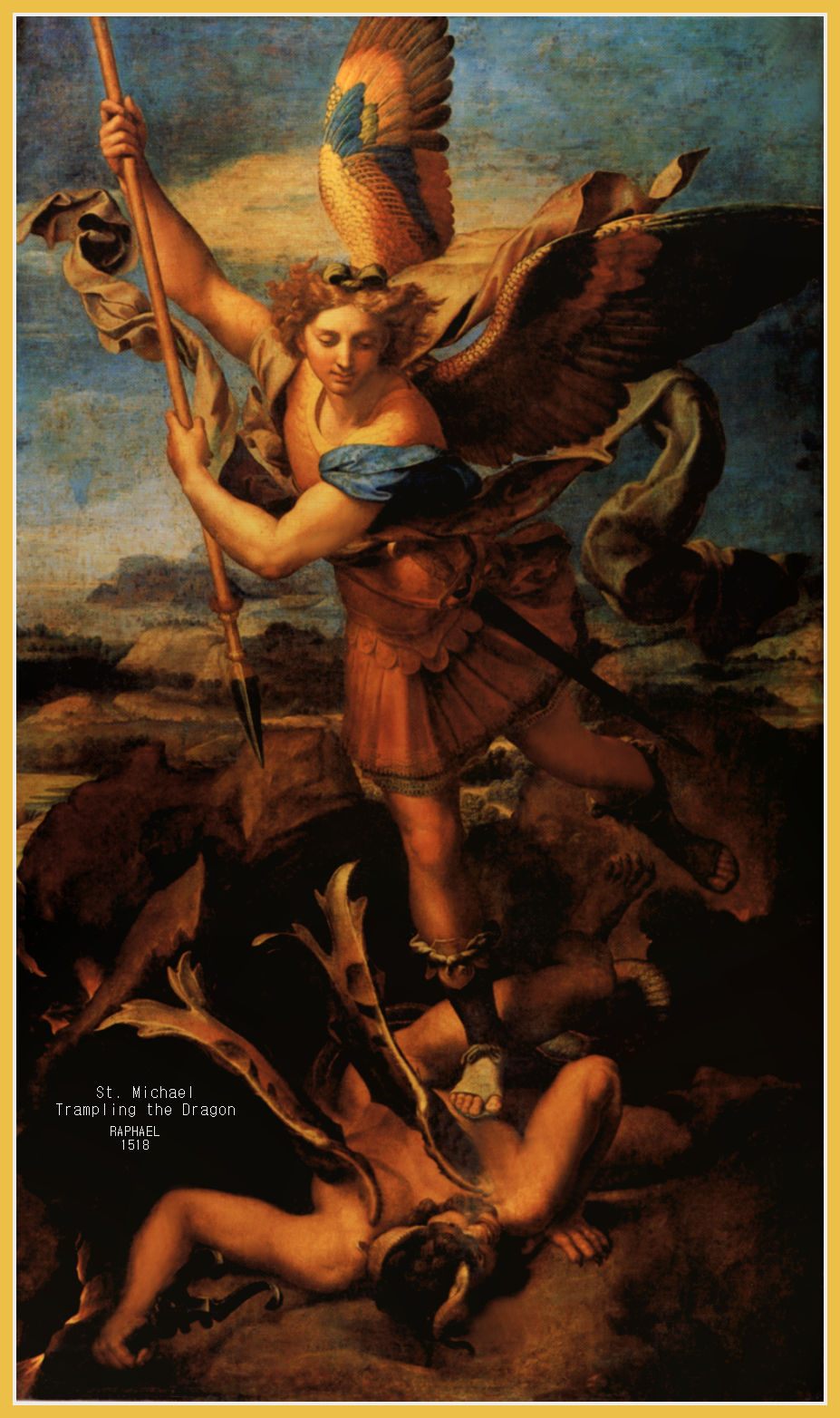

Angels

§ 31. The Power of the Bad Angels
1. Dominion of the Devil over Mankind
The Devil possesses
a certain dominion over mankind by reason of Adam's
sin. (De fide.)
The Council of Trent names as a consequence of Adam's sin man's
subjection to the power of the devil. D. 788, 793. The Church's belief
finds liturgical expression in the ceremonies of Baptism.
Christ
designates the Devil as "the prince of this world" (John 12:31, 14:30).
St. Paul calls him "the god of this world" (2 Cor. 4:4).
By Christ's redemptive act the dominion of the Devil was in principle,
conquered. John 12:31: "Now shall the prince of this world be cast
out." Hebr. 2:14: He took flesh and blood, "that through death He
might destroy him who had the empire of death, that is to say, the
devil." Cf. Col. 1:13; 2:15; 1 John 3:8. In the General
Judgment the dominion of the Devil will be completely and finally
broken. Cf. 2 Peter 2:4; Jud. 6.
2. Forms of the Activity of the Dominion of the
Devil
a) The evil
spirits seek to do moral injury to mankind through temptation to sin
(tentatio seductionis). 1 Peter 5:8: "Be sober and watch! because
your adversary the devil as a roaring lion goeth about seeking whom he
may devour." Cf. Mt. 13, 25, 39 (cockle in the wheat). Eph. 6:12.
Biblical examples are the fall through sin of the First Parents (Gn.
3:1 et seq.; Wis. 2:24; John 8:44), Cain's fratricide (Gn. 4:1 et
seq.; John 3:12), Judas' betrayal (John 13:2; 27), Peter's denial
(Lk. 22:31), Ananias' lie (Acts 5:3). Man's will is not forced to sin
by the temptation of the devil, but retains its natural freedom. The
evil enemy can tempt man only to that extent, which God in His wisdom
permits. Cf. 1 Cor. 10:13: "God will not suffer you to be
tempted above that which you are able."
b) The bad spirits seek to harm mankind physically also, through the
causing of physical evil (infestatio). Cf. Tob. 3:8; Job. 1:12;
2:6; 1 Cor. 5:5.
c) A particular kind of demonic infestation is possession (obsessio,
possessio), in which the evil spirit takes forcible possession of the
human body, so that the bodily organs and the lower powers of the soul,
but not the higher powers of the soul, are dominated by him. The
possibility and reality of possession is firmly established by the
express testimony of Christ, Who Himself drove out evil spirits
(Cf. Mk. 1:23 et seq.; Mt. 8:16; 8:28 et seq.; 9:32; 12:22;
17:18) and Who bestowed power over the evil spirits on His disciples
(Mt. 10:1; 8; Mk. 16:17; Luke 10:17 et seq.). Cf. the Church's
exorcisms.
The rationalistic viewpoint that the possessed mentioned in
Holy Writ, were merely ill in mind and body, and that Jesus
accommodated Himself to the
Jewish belief in demons, is incompatible with the dignity of the Divine
Word and with the veracity and sanctity of the Son of God.
In the determination of demoniac influences credulity must be avoided
as much as rationalistic unbelief. Since the causing of physical evils
is an
extraordinary form of diabolic intervention it must first be
ascertained whether these ills can be explained by natural reasons.
Towards the end of the middle ages the tendency to ascribe any kind of
remarkable phenomena to the work of the devil, led to the lamentable
aberration of witch-hunts.
The opinion vouched for by most of the older Christian authors (pastor
Hermae, Origen, St. Gregory of Nyssa, St. John Cassian) , by the
Schoolmen (Petrus Lombardos, Sent. II 11, I), and by individual
theologians of modern times (Suarez, Scheeben), that from birth every
person has been allocated a bad Angel, in order constantly to excite
him to evil (opposite to Angel guardian), lacks an adequate basis in
the sources of Faith, and is also hardly compatible with the goodness
and mercy of God. The passages in Holy Writ which are generally cited
in this regard John 13:2; Ps. 108:6; Zach. 3:1; Job 1-2; 2 Cor. 12:7)
are not valid proof.
|
 Contact
Us Contact
Us
HOME--------------------------------------GALLERIES
www.catholictradition.org/Angels/angels11j.htm
|





